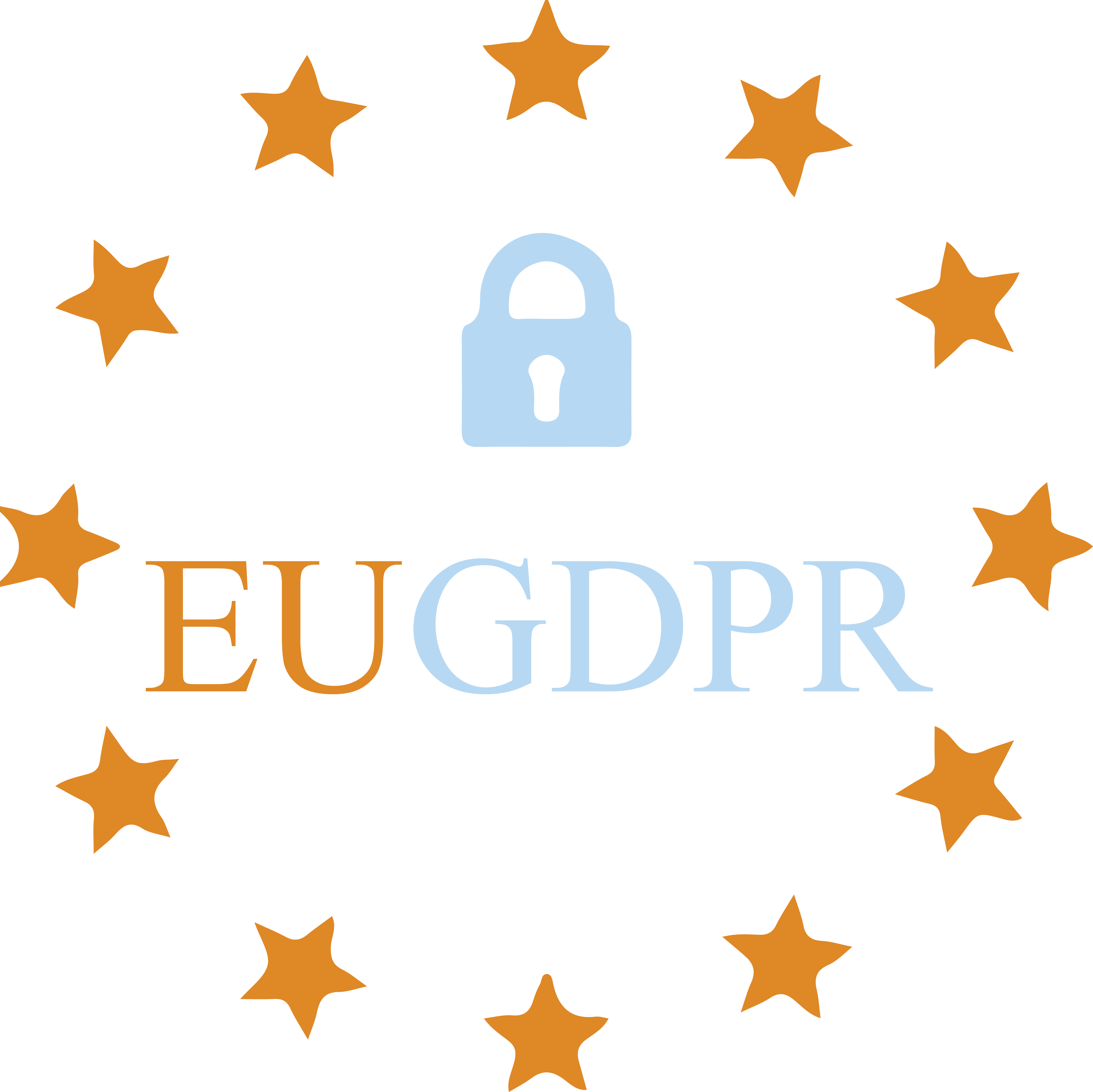
Marketing departments are often owners of customer and prospect data, holding the essential key to customer information databases. That data is usually stored within marketing automation tools, many of them cloud-based, that have been vetted by IT departments to ensure they match up to the organisation's security requirements before being deployed and used.
Members of the marketing staff who manage and administer these tools are well aware of the latest security and data privacy requirements and often get guidance from IT and legal departments to ensure they comply with internal policies as well as external regulations. These marketers keep the fort secure and are very protective of the data they own.
But marketing departments include other types of marketers, some located far from corporate, out in the field, where demand generation tactics can be very efficient but sometimes lack compliance. The failure of corporations to mitigate such data privacy violations is what led us to stringent laws like GDPR.
Myths about GDPR causing misunderstanding and confusion
It is easy to overshare customer data, even with good intentions for the sake of exceeding pipeline-generation goals. In reality, today's marketers are not trained to understand what they legally can and cannot do with customer data, whether they are new to a corporate environment or in the field handling the lions’ share of that data for the various events and campaigns they run.
In the two months since GDPR was implemented, thousands of sources have published their “expert” advice about the law and how it applies to email marketing. However, much of that is causing a lot of misunderstanding and confusion, leading to a number of common myths being accepted as fact.
A lot of marketers are worried about infringing on GDPR requirements, and locally, Protection of Personal Information act (PoPI). As a result, they have started to believe that every communication they send must have opt-ins and multiple checkboxes. The truth is that GDPR is actually pretty straightforward. And it’s a good thing for email marketers, too. It really comes down to doing the right thing with the personal data you collect. Only send emails and information to people who’ve given you permission to do so for the purpose you told them.
Email is still one of the most effective ways for companies to reach potential customers. However, a pair of new studies has found that efforts to comply with GDPR is leading to huge attrition in existing email lists. Many companies with email lists are asking recipients to opt back in as they update their privacy policies, but many individuals are ignoring those emails outright, while others are using them as a chance to unsubscribe.
GDPR only applies to individuals in the EU
The effects of this can be truly devastating for companies and may motivate companies to go the extra mile and maintain separate EU and non-EU lists. The trick is to remember that GDPR only applies to individuals in the EU, leaving many other territories open for business. In addition, when it comes to business-to-business marketing, GDPR is less of a concern.
For years, European businesses have been selling to African companies through lead generation campaigns, and GDPR should not affect those campaigns at all – as long as the European businesses are investing in the right databases and lead generation partners. As a company that operates across all of the territories in Africa, and has many EU-Based clients, we have ensured we are fully GDPR compliant.
We only provide business data, with no personal information or credit card details. Our databases of African CEOs, CIOs, CTOs and CFOs are some of the most comprehensive on the continent and are constantly verified and kept up to date. For European businesses looking to expand, without a GDPR headache, Africa is open for business.
